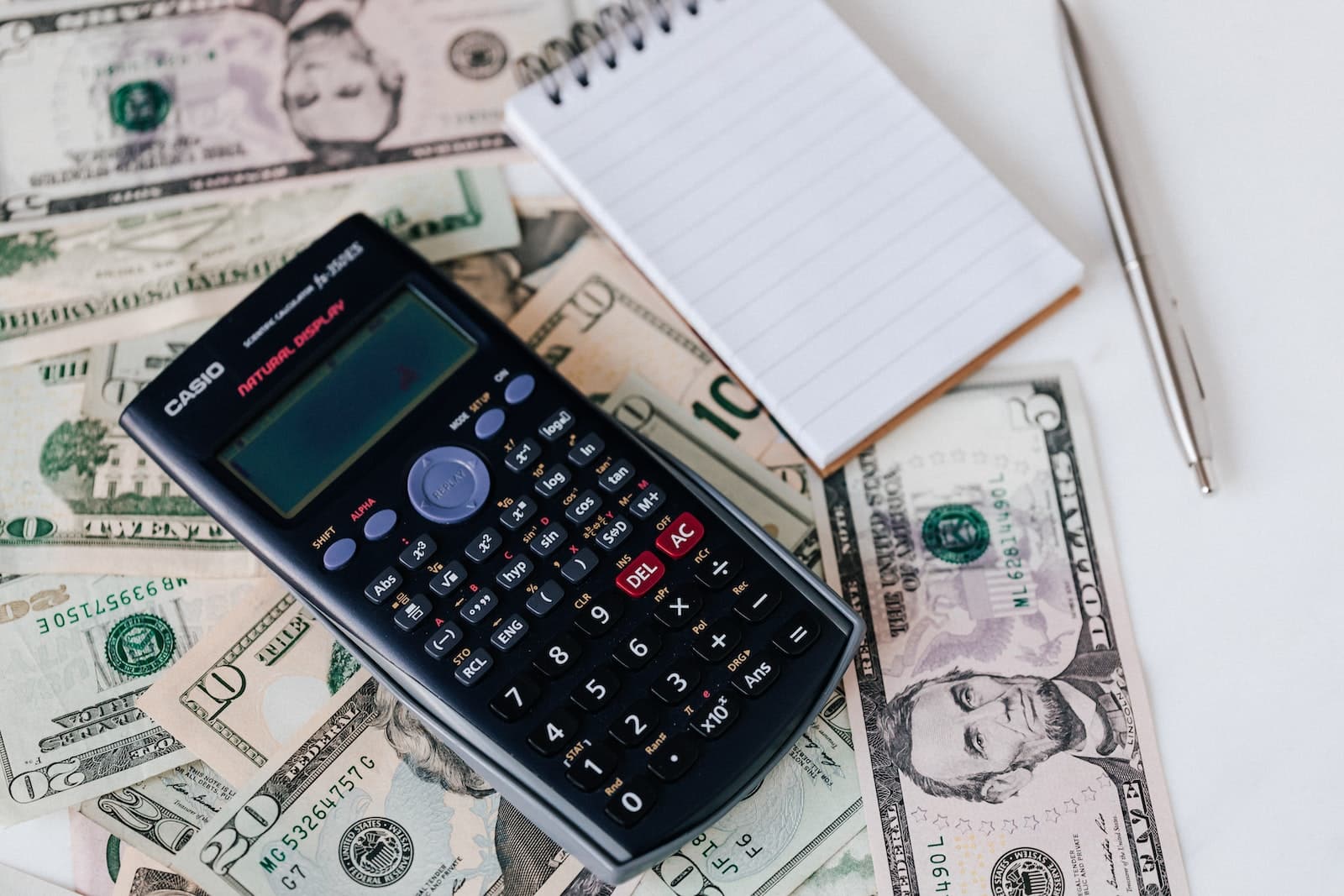Do I need to declare myself as self-employed if I have an OnlyFans?
Are you an OnlyFans creator? Are you wondering if you need to declare yourself as self-employed? If so, then this article is for you! In this article, we’ll explore the ins and outs of declaring yourself as self-employed if you’re an OnlyFans creator. We’ll look at the legal obligations of declaring yourself as self-employed, the tax implications for self-employment, and how to go about getting the necessary paperwork in order. So let’s get started!
What is Self-Employment?
Before we dive into the specifics of declaring yourself as self-employed if you’re an OnlyFans creator, let’s first take a look at what self-employment actually means.
Self-employment is a legal status that is granted to individuals who are in business for themselves. This means that you are not employed by someone else and are instead working for yourself. In other words, you are responsible for your own taxes and business expenses. Self-employed individuals are also legally responsible for their own insurance and retirement savings.
Do I Need to Declare Myself as Self-Employed if I Have an OnlyFans?
The short answer is yes. If you are an OnlyFans creator, you are required to declare yourself as self-employed. This is because you are providing a service to others and you are responsible for your own taxes and business expenses.
Tax Implications for Self-Employment
Now that you know you need to declare yourself as self-employed if you’re an OnlyFans creator, let’s take a look at the tax implications for self-employment.
When you are self-employed, you are responsible for filing your own taxes. This means that you will need to file a self-assessment tax return each year. This is a form that you will submit to the Internal Revenue Service (IRS) that will detail your income, expenses, and any tax deductions that you are eligible for.
When filing your self-assessment tax return, you will need to include any income that you have earned from your OnlyFans account. This includes any payments that you have received for your services and any tips or gifts that have been sent to you.
You will also need to include any expenses that you have incurred while running your OnlyFans account. This can include the cost of any equipment that you have purchased, such as a computer or camera, as well as any marketing or advertising costs that you have incurred.
You may also be eligible for certain tax deductions. These can include any business expenses that you have incurred, such as the cost of any office supplies or travel costs.
Once you have completed your self-assessment tax return, you will need to submit it to the IRS. You can do this either online or by post.
FAQs
Q: Do I need to declare myself as self-employed if I have an OnlyFans?
A: Yes, if you are an OnlyFans creator, you are required to declare yourself as self-employed.
Q: What are the tax implications for self-employment?
A: When you are self-employed, you are responsible for filing your own taxes. This means that you will need to file a self-assessment tax return each year. This is a form that you will submit to the Internal Revenue Service (IRS) that will detail your income, expenses, and any tax deductions that you are eligible for.
Q: What types of expenses can I include on my self-assessment tax return?
A: You can include any expenses that you have incurred while running your OnlyFans account. This can include the cost of any equipment that you have purchased, such as a computer or camera, as well as any marketing or advertising costs that you have incurred. You may also be eligible for certain tax deductions. These can include any business expenses that you have incurred, such as the cost of any office supplies or travel costs.
Conclusion
Declaring yourself as self-employed if you’re an OnlyFans creator is an important step in ensuring that you are compliant with the law. Not only will you be legally responsible for your own taxes and business expenses, but you may also be eligible for certain tax deductions. It is important to ensure that you understand the legal obligations and tax implications for self-employment, and to make sure that you are filing your self-assessment tax return accurately and on time.



